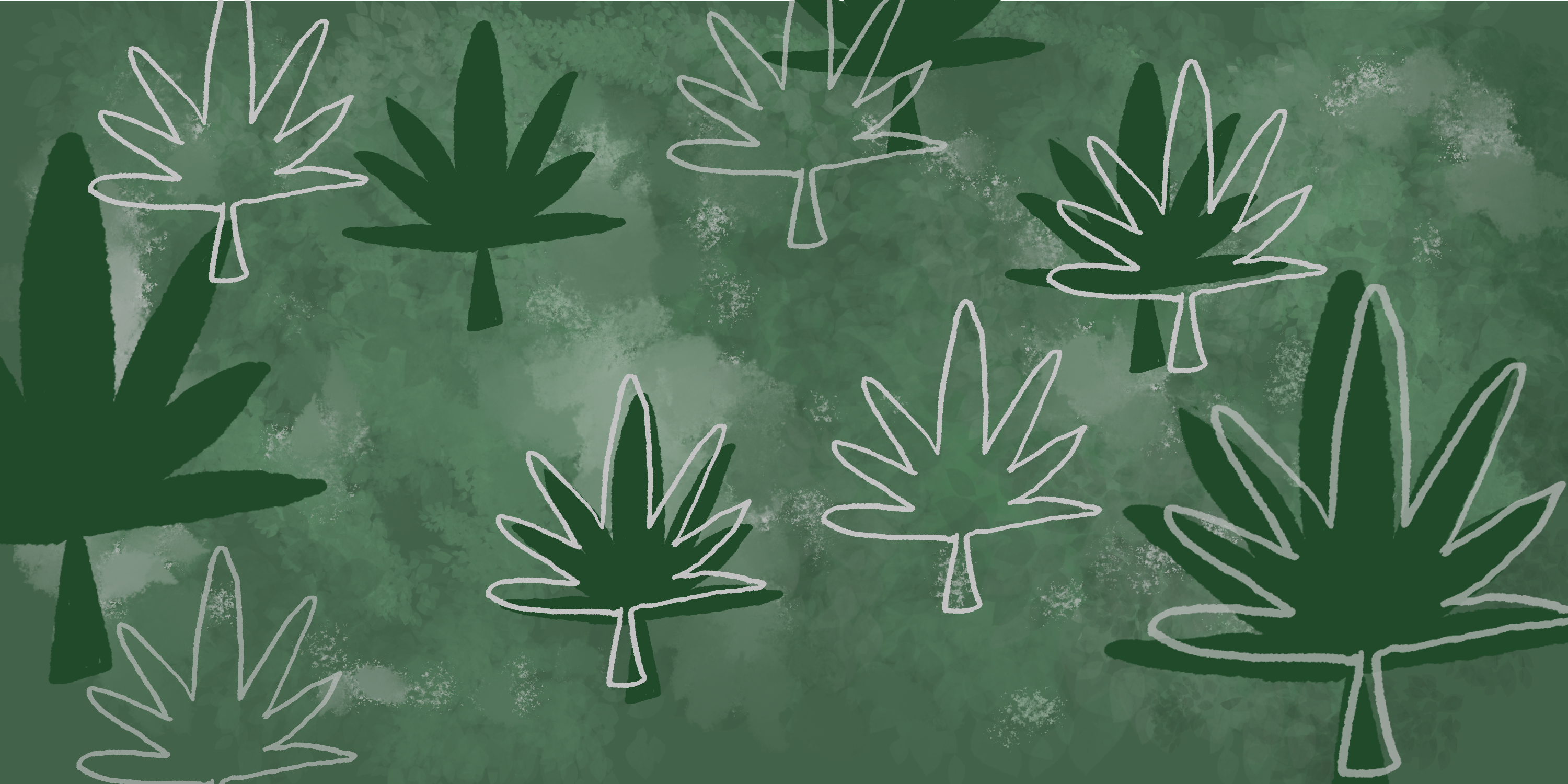With cannabis becoming recreationally legal in Illinois, activist groups are calling for reparations for previous incarcerations.
Before the decriminalization and legalization of cannabis in Illinois, the rate of incarceration among Black and Brown communities for drug crimes was much higher than the conviction numbers of white communities. Now, almost four years after the legalization, 98% of the cannabis industry in the United States is operated and owned by white people, according to Douglas Kelly, the executive director of the Cannabis Equity Illinois Coalition.
Even with the increase in diversity of Illinois’ cannabis industry, activist groups are not satisfied with the equity due to the major effects the War on Drugs had on these communities.
Kelly and his organization work to expunge records of those formerly convicted of cannabis crimes in Illinois. A record of previous felonies or arrests without convictions prevent access to housing, education and employment options. Kelly claims that targeted arrests—starting in the ‘70s with the Nixon administration’s war on drugs and continuing through the administrations of Reagan, Bush, Clinton and Bush—pulled Black families apart by majorly affecting family structures in those communities.
Ironically, the effects of the targeted arrests are now being felt in the cannabis industry. One aspect intended to aid with equity was in the transportation of goods from growing sites to commercial resale.
“Because of the litigation that happened, they didn’t get their licenses until after the industry had started, so they had to give the multistate operators their own transportation,” Kelly said. The applicants received their approved licenses after the commencement of the cannabis transportation due to the legal process causing delays. Because of this, large corporations moving into Illinois were permitted to employ transporters from other states. Although motions to equity were made, the previous records caused the people wanting to participate in the industry to be left stranded with licenses to jobs that had already been filled.
One possible avenue toward reparations sees the large revenue from taxes obtained by cannabis sales redistributed into the communities most affected by the previous criminal standing of cannabis.
The government agency that manages the regulation of cannabis production and sale has measured the demographics of ownership and participation in the new industry since its introduction. The Illinois Cannabis Regulation Oversight Officer (CROO) claims to have increased Black majority ownership of dispensaries and growing locations since 2020 from 0% to 26% in 2023 in its equity report. In the same time, Latino or Latina ownership has increased from 0% to 7%. The survey by CROO was conducted by sending self-identification surveys to over 200 organizations and companies with cannabis licenses.
Even with the increase in diversity of Illinois’ cannabis industry, activist groups are not satisfied with the equity due to the major effects the War on Drugs had on these communities. One possible avenue toward reparations sees the large revenue from taxes obtained by cannabis sales redistributed into the communities most affected by the previous criminal standing of cannabis. Illinois cannabis sales have raked in about $250 million annually since its establishment as a common recreational substance, stated in Illinois CROO’s tax revenue charts. About 10% of that money, or $27.5 million, was distributed as “other distributions” in 2022. Within this category, we see an initiative for the Cannabis Expungement Fund, a project with goals similar to those of the Cannabis Equity Illinois Coalition. There is no information for how much money is allocated for this project, but other organizations like Kelly’s have stepped up to continue the work through personal fundraising.
DePaul University recently launched its Cannabis Studies Program in Autumn 2022 which teaches students about the process behind the industry, the effects of cannabis in society, the health benefits and disadvantages of cannabis, and what can be done to repair communities that have been previously affected by the targeted arrests prior to legalization. On November 1, the program hosted a panel of activists and educators on the subject. Students were able to hear about the previous and current and previous effects of cannabis in Chicago from individuals inside the industry. A Zoom recording of the panel is available for viewing to learn more about the problems within the business and possible solutions for justice.
Header by Rafa Villamar




NO COMMENT